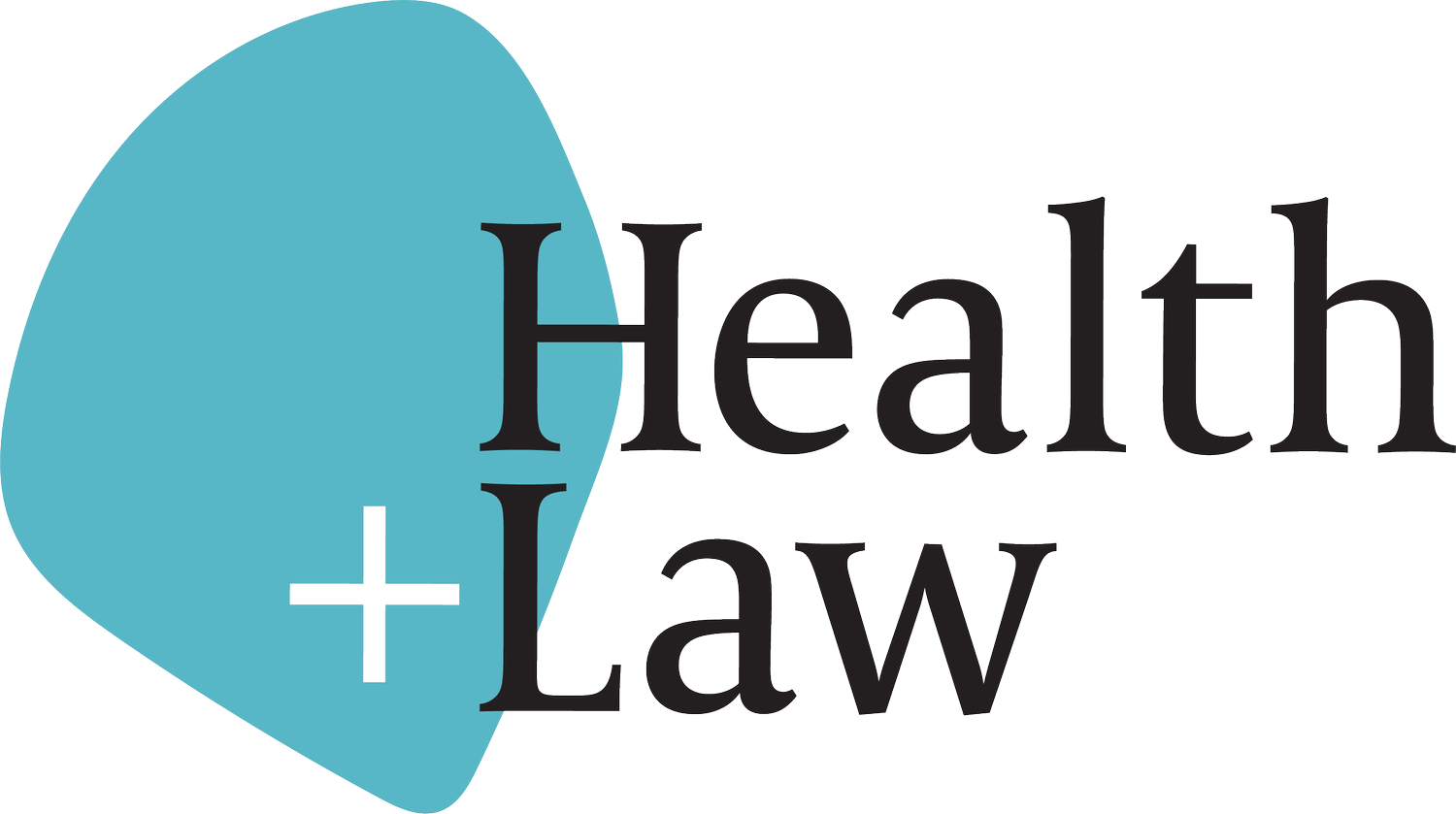New Map of HIV-related Legal Concerns Identifies Issues in Migration Law, Refugee Law and Criminal Law
When it comes to HIV and the law in Australia, the major focus of legal research and advocacy has been the operation of the criminal law in relationship to HIV. As Health+Law research lead David Carter described in a recent keynote at the Australasian HIV&AIDS 2024 Conference in Sydney, this work has been – and remains – extremely important, particularly when the criminal law is used in ways that have unintended, negative health outcomes and when it operates in tension with rights-based approaches to public health.
However, the impact of the law on people living with HIV takes in a much broader set of legal areas than criminal matters only. The latest publication from the Health+Law partnership indicates that HIV-related legal matters extend well beyond ones related to the criminal law. This report, titled ‘HIV and the Law in Australia: A Mapping Review of Contemporary Case Law’, shows that HIV-related legal matters arise across a spectrum of both public and private law, including anti-discrimination law, wills and estates, and tort law.
Understanding more about how the law operates in the lives of people living with HIV and hepatitis B in Australia is the focus of Health+Law’s national legal needs (LeNS) study. This new review of HIV-related case law is one of four dedicated reviews that contributes to LeNS’s investigation. Designed in the tradition of legal mapping, a review of this type provides a ‘map’ of areas of law that give rise to disputes around that particular topic or issue – in this case HIV in Australia. Legal mapping is a way to ‘take the pulse’ of the legal environment around a particular topic. Although there are limitations to these kinds of reviews (for example, the details of some judgments and decisions are not always available to the public), they are an important method in legal research. By identifying and analysing relevant past judgments and tribunal decisions, we can begin to learn how the law impacts people’s health and what areas of law give rise to these issues.
In this review of HIV-related case law, we uncovered 281 relevant records from all Australian jurisdictions – Commonwealth, state and territory – spanning a wide range of areas of law.
Migration law was an area where a significant number of HIV-related cases were identified. Our analysis of these cases demonstrates a clear relationship between HIV status and the determination of visa-related questions before a decision-maker or judge. These migration-related matters reflect restrictions imposed by Australian migration law on people living with HIV who are seeking visas, including the operation of the ‘health requirement’.
Although the results reported here indicate that HIV-related legal matters extend well beyond those related to the criminal law, at the same time, the prosecution of people living with HIV for transmission-related offences remains a feature of the criminal law. This still occurs despite longstanding advocacy campaigns to combat the criminalisation of HIV and the repeal of HIV-specific criminal offences – largely assault offences – in every Australian jurisdiction. Another area of criminal matters where HIV emerges is in sentencing, where a person’s HIV status has historically been considered as either an aggravating or mitigating factor. As treatment for HIV has improved over time, courts have begun to acknowledge the impact of these advances when evaluating the ‘seriousness’ of an offence.
The law can play a significant and determinative role in public health efforts to address HIV and in the health and wellbeing of people living with the virus. It can help protect their rights and improve their lives, but it can also create challenges. Despite the huge changes that have emerged in the landscape of HIV in recent decades, the last comprehensive review of HIV-related laws in Australia happened over 30 years ago. If we genuinely intend to achieve the ambitious aim of ending HIV transmission in Australia, we need to better understand the legal environment and where the law and legal practices require reform. This review makes a useful start to this process and will be supplemented by the findings of our national legal needs study.
Download and read the complete report here.
Citation:
David J. Carter, Anthea Vogl, Rhys Evans, James Brown, Hamish Robertson & Dion Kagan (2024), ‘HIV and the Law in Australia: A Mapping Review of Contemporary Case Law’ (2024), Health+Law, Sydney, http://dx.doi.org/10.2139/ssrn.4995493


